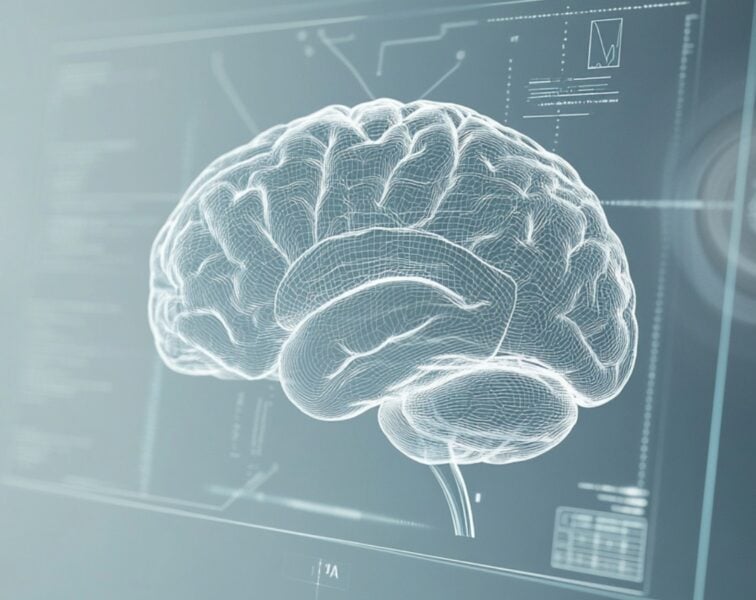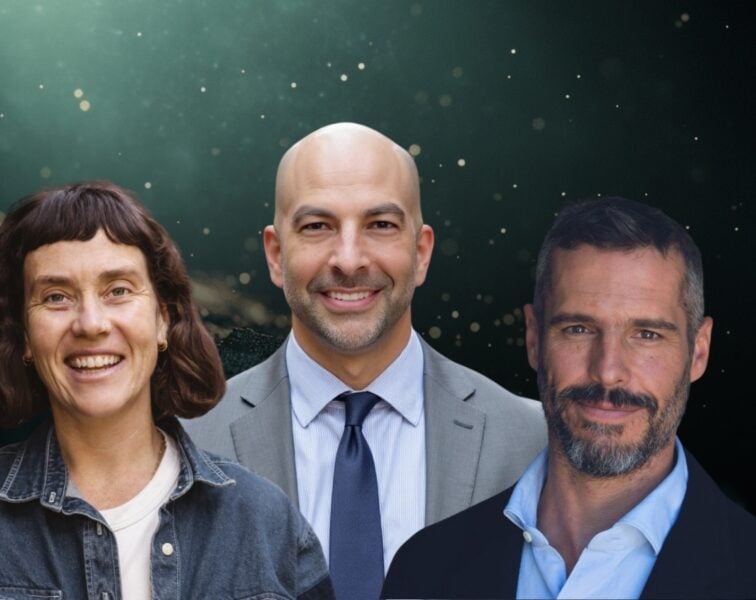In this quarterly podcast summary (QPS) episode, Peter summarizes his biggest takeaways from the last three months of guest interviews on the podcast. Peter shares key insights from his discussions with Jeff English on the journey to healing from trauma; Ashley Mason on improving sleep and CBT-I; Sanjay Mehta on misconceptions around radiation and its use in cancer therapy and treating inflammatory conditions (such as arthritis and tendonitis); Sean Mackey on understanding and treating acute and chronic pain; and Susan Desmond-Hellmann on insights from her extraordinary career that pertain to the use of AI in medicine, understanding cancer, and the development of cancer therapeutics. Additionally, Peter shares any behavioral changes he’s made for himself or his patients as a result of these fascinating discussions.
If you’re not a subscriber and listening on a podcast player, you’ll only be able to hear a preview of the AMA. If you’re a subscriber, you can now listen to this full episode on your private RSS feed or on our website at the episode #347 show notes page. If you are not a subscriber, you can learn more about the subscriber benefits here.
Would you like access to this entire podcast episode, its extensive show notes, and more premium content?
In this episode, we discuss:
- Summary of episode topics [1:45];
- Jeff English episode: how trauma shapes behavior and identity, and the value of understanding personal adaptations and working through unresolved emotional wounds [3:45];
- Practical behavioral changes and emotional tools Peter has applied since the Jeff English episode [13:00];
- Ashley Mason episode: treating insomnia using CBTI and practical behavioral techniques for improving sleep quality [19:15];
- When to seek professional care for sleep issues [30:30];
- Sanjay Mehta episode: radiation therapy’s evolution, its underused potential in treating inflammatory conditions, and the cultural misconceptions surrounding radiation exposure [33:45];
- Peter’s predictions and insights for the upcoming Formula 1 season [43:15];
- Sean Mackey episode: the neuroscience, classifications, and treatment strategies for chronic pain, and the importance of personalized care [57:45];
- Susan Desmond-Hellmann episode: how AI is revolutionizing medicine through advancements in drug development, biomarker discovery, and the potential of training models on private clinical data [1:05:45];
- More from Susan Desmond-Hellmann: why cancer is so difficult to treat with drugs, the promise of immunotherapy, and the long-term hope for systemic treatments [1:14:00]; and
- More.
Show Notes
Summary of episode topics [1:45]
REMINDER: These quarterly podcast summaries are a way listeners can hear from Peter about insights he took from guest episodes such as where Peter’s behaviors have changed and how his thinking may have changed, but the QPS episodes are not necessarily a replacement for listening to the full episodes.
Overview of Episodes to be Discussed
1. Jeff English episode
- Topic:
- Mental and emotional health
- Trauma therapy
- Key Area:
- Psychological well-being and healing
2. Ashley Mason episode
- Topic:
- Sleep improvement
- Insomnia treatment
- Cognitive Behavioral Therapy for Insomnia (CBT-I)
- Key Area:
- Practical approaches to enhancing sleep quality
3. Sanjay Mehta episode
- Topic:
- Radiology and radiation
- Applications in cancer treatment
- Surprising use case: arthritis treatment
- Key Area:
- Medical imaging and therapeutic radiation
4. Sean Mackey episode
- Topic:
- Pain management
- Chronic pain
- Strategies for recovery
- Key Area:
- Understanding and overcoming long-term pain
5. Susan (Sue) Desmond-Hellmann episode
- Topic:
- Career in medicine and leadership
- Cancer treatment and oncology
- Drug development
- Artificial Intelligence (AI) in medicine
- Key Area:
- Intersection of medical innovation, biotech leadership, and emerging tech
Jeff English episode: how trauma shapes behavior and identity, and the value of understanding personal adaptations and working through unresolved emotional wounds [3:45]
#339 – Unpacking trauma: How early wounds shape behavior and the path toward healing | Jeff English (March 10, 2025)
***
- This was an episode Peter really looked forward to doing
- He has known Jeff for many years and owes him a great debt of gratitude
- This is one of those episodes where between the time we recorded it and the time it came out was probably 8-10 weeks
- During that period of time, Peter sent the unedited straight audio file of it to no fewer than 15-20 people
“I couldn’t even wait for this episode to come out to be sharing it with people.”‒ Peter Attia
- That will be a record that will last for some time
- There’s no scenario he can think of where he’s taken a podcast before it comes out and shared it with so many people
- Most of the people he shared it with not only found it to be incredibly valuable, but actually wanted to sort of engage with Jeff on a professional level after that
- It’s one of those podcasts where if it resonates with you, it’s really important, you’re going to share it a lot
This was a great episode about understanding trauma
- It’s such a loaded word; it’s understandable why people might have some skepticism around that
- The word does get used a little bit too much
- Jeff has a great definition for it: trauma is a moment of perceived helplessness that activates the limbic system
- This can be a wounding event, a major event, or maybe a series of smaller events, and those typically get referred to as “big T” and “little t traumas”
- A “big T” trauma is something really obvious, being the victim of a violent crime, for example
- A “little t” traumas are like a thousand paper cuts, a parent that was there but just really wasn’t paying attention to their kid, and those can be damaging in different ways
With trauma, too often people focus on the “what happened” part of the equation, but he thinks that it’s more important to focus on the “how did I adapt” part of the equation
⇒ The sine quo non of trauma is that there’s a disconnected version of a person that shows up to life relying on maladaptive strategies to replace connection with something else
{end of show notes preview}




